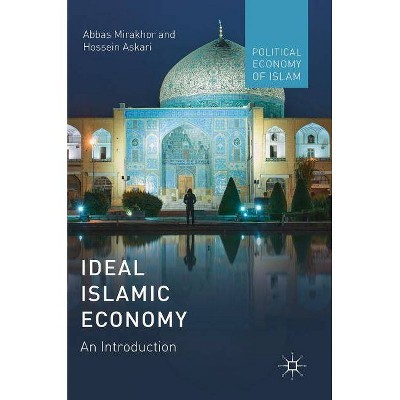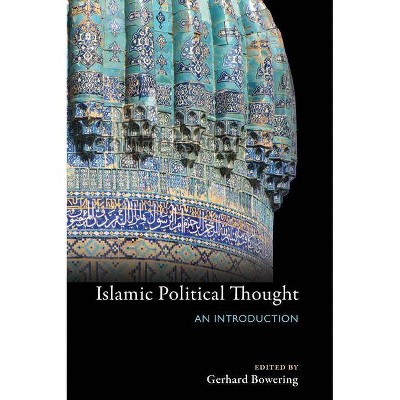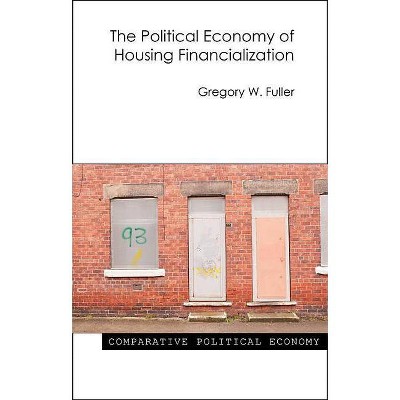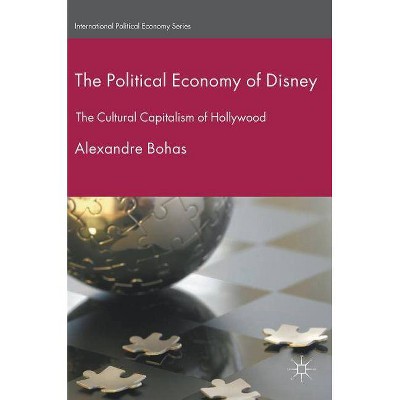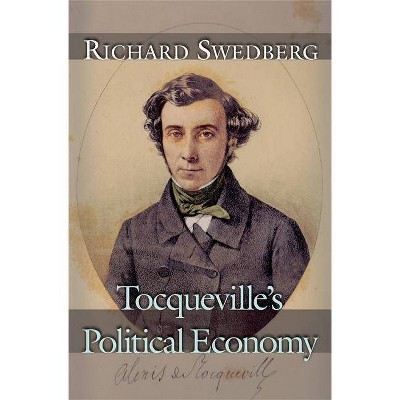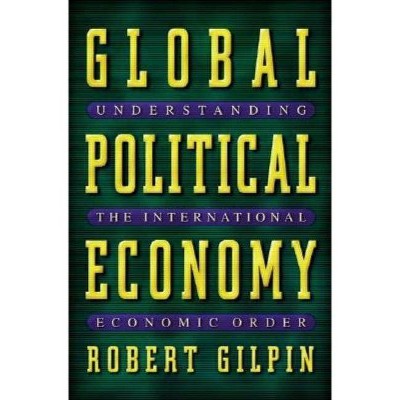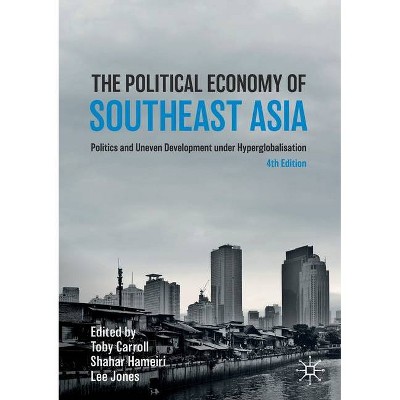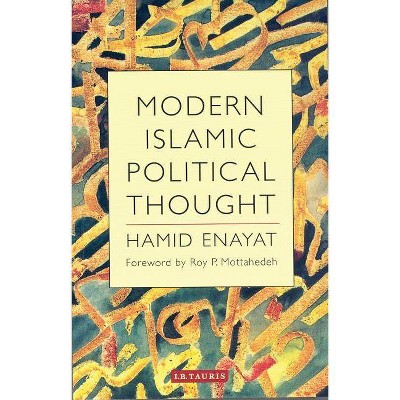Political Economy of Islamic Banking in Indonesia - by Ahmad Dahlan (Paperback)
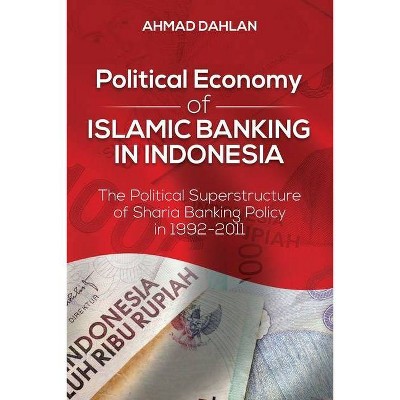
Similar Products
Products of same category from the store
AllProduct info
<p/><br></br><p><b> About the Book </b></p></br></br>"This book discusses the political economy of Islamic banking in Indonesia; the study of Indonesia's political superstructure policy on Islamic banking. This book is important as a reference for academics, stakeholders, and policy analysis. The strength of this book for readers is research focus of superstructure policies on Islamic banking in Indonesia 1992-2011. The reader has focused on regional studies, especially Indonesia, this book is very appropriate. Moreover, a lot of data related to the latest Indonesian political Islam after the fall of the New Order in 1998 shifted to the reform era. In terms of content, there are not many books that discuss in full the aspects of Islamic banking policy in Indonesia related to political, and also social aspects. This is the difference between this book and similar books. This book explains with a historical approach there are many problems about Islamic banks development before 1992. Absolutely Indonesia as a Muslim country must support policies and regulations that can politically encourage and create the development of Islamic banks become institution references. There have been many laws and regulations that support the growth of Islamic banking in Indonesia 1992-2011, but in the national financial market indicators, Islamic banking has not been a host in Indonesia. It takes strength the political superstructure to be able to constantly encourage policies in the field of the Islamic banking system and Islamic economic systems. Especially after the role of ICMI was not as extensive as in the early development of Islamic banks (1990s). Political superstructure synergy with Islamic economic education institutions, and stakeholders is expected so that the growth of Islamic banks will increase in aspects of service, national market, and public trust"--<p/><br></br><p><b> Book Synopsis </b></p></br></br><p><strong>This book is a work of historical analysis focusing on the development of Islamic financial institutions from 1992 to 2011 in Indonesia as they relate to Islamic banking using a political-economic approach.</strong> Indonesia plays an influential role in various international political and Islamic organizations because it has the largest Muslim population in the world. Although Indonesia was late in establishing its banking initiatives, it did so 1992 in response to the growth of the Islamic financial institutions. From 1992 to 2011 many laws and regulations were established to support the growth of Islamic banking in Indonesia, but by national financial market indicators, Islamic banking in Indonesia fell behind many expectations. This analysis suggests that the shortcomings may be due in part to the waning power of key elements of the political superstructure to push policies that supported Islamic banking and Islamic economic systems, and establish synergies with institutions of Islamic economic education and stakeholders to accelerate the growth of Islamic banks in terms of service, national market share, and public trust.</p>
Price History
Price Archive shows prices from various stores, lets you see history and find the cheapest. There is no actual sale on the website. For all support, inquiry and suggestion messages communication@pricearchive.us
